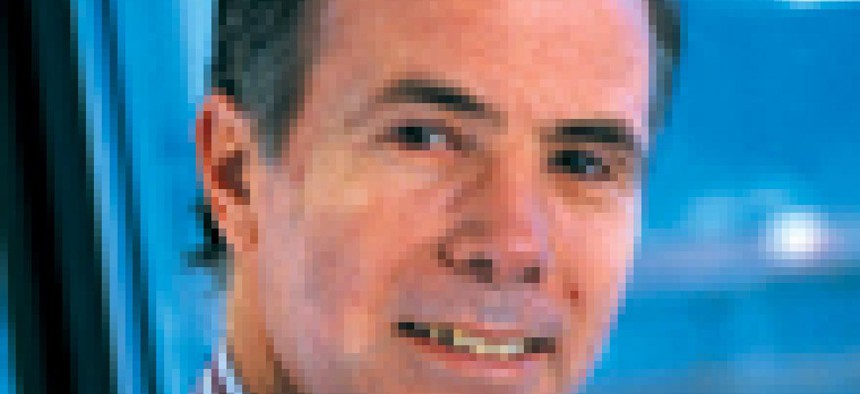Little Brothers Are Watching

The events of Sept. 11 have ignited calls in some quarters for a national identification system that could help track potential terrorists and prevent future attacks.
The events of Sept. 11 have ignited calls in some quarters for a national identification system that could help track potential terrorists and prevent future attacks. Not surprisingly, though, the concept of a national ID system has thus far gathered little traction, as both citizens and politicians are hesitant to create a government bureaucracy to monitor people residing in the country.While the creation of a federal Big Brother appears unlikely at this time, the truth is that 50 Little Brothers ? or 51, counting Washington, D.C. ? already exist. That's because the states have the basic infrastructure needed for a national ID system in their departments of motor vehicles, commonly known as DMVs.State DMVs already compile and store a host of personal information for driver's licenses and vehicle registrations. And they have been moving for some time to develop systems that would allow DMVs in different states to exchange information to help verify the identity of individuals applying for new licenses or those renewing existing licenses. The type of information and data that can be shared is continually expanding. Many DMVs are taking digital photographs of applicants and storing them in a database for easy retrieval. States also are integrating information from separate databases that contain, for example, information on driver's licenses, Social Security and vehicle registrations. Some also are moving to put secure features on driver's licenses, such as holograms, bar codes and smart-card chips.Whether the thought of a national ID system makes you feel safer or just more afraid, you'll want to read Staff Writer William Welsh's front-page story on what the states already have in place.

Techtoon


Steve LeSueur
Techtoon

NEXT STORY: CSC Hits NSA Outsourcing Goal